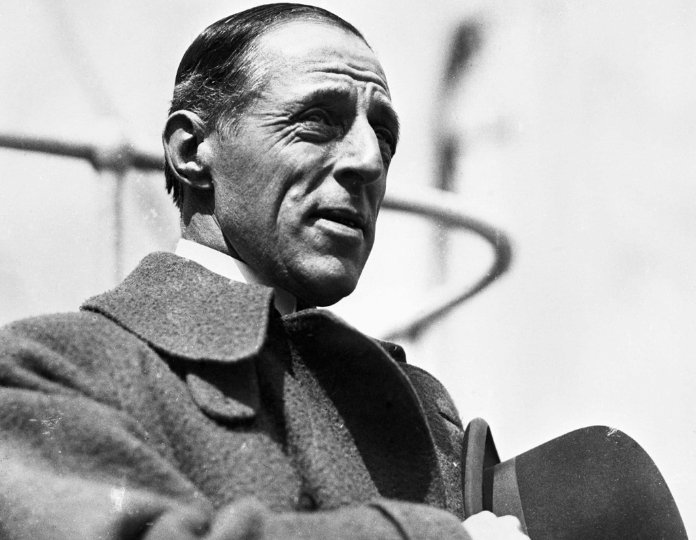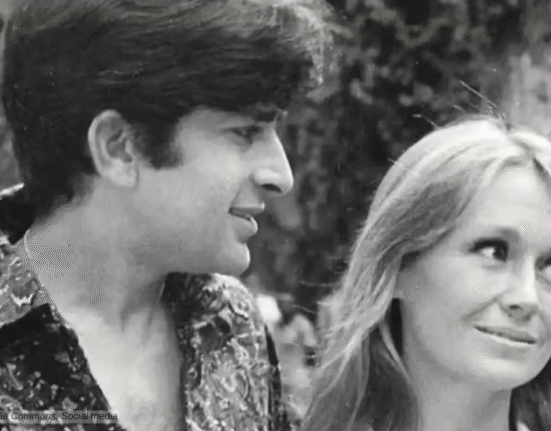DW Griffith, born David Wark Griffith in 1875, stands as a pioneering figure in the early days of American cinema. His innovative contributions to filmmaking laid the groundwork for modern storytelling on the silver screen. Griffith, often hailed as the “Father of Film Technique.” He played a pivotal role in shaping cinematic language during the silent era.
Talkies, squeakies, moanies, songies, squawkies . . . Just give them ten years to develop and you’re going to see the greatest artistic medium the world has known.
D. W. Griffith
The Birth of a Nation
Notably recognized for his epic and controversial film “The Birth of a Nation (1915),” Griffith left an indelible mark with his groundbreaking use of narrative techniques and cinematic innovations. While celebrated for his technical prowess, Griffith’s legacy is also marked by the film’s divisive racial portrayal, prompting discussions on the responsibility of artists in shaping societal perspectives.


Beyond the controversies, DW Griffith’s influence on filmmaking is undeniable. Together with Charlie Chaplin, Mary Pickford, and Douglas Fairbanks, Griffith founded the studio United Artists in 1919 with the goal of enabling actors and directors to make films on their own terms as opposed to the terms of commercial studios.
His directorial achievements, including “Intolerance (1916),” and “Broken Blossoms (1919),” showcase his ability to evoke powerful emotions and craft compelling narratives. Despite the passage of time, D. W. Griffith remains a key figure in cinema history, sparking both admiration and critical discourse for his contributions to the art form.




D. W. Griffith on IMDB














Leave feedback about this